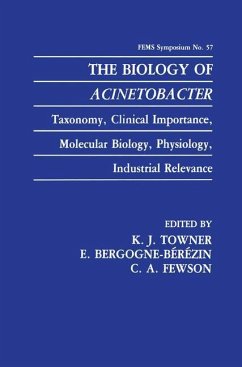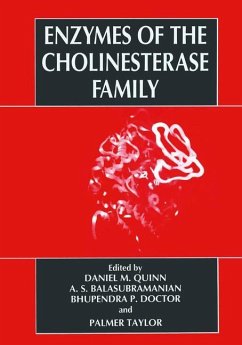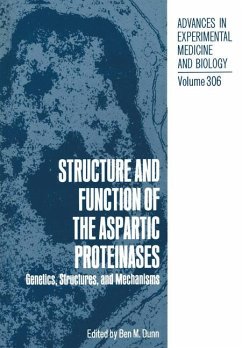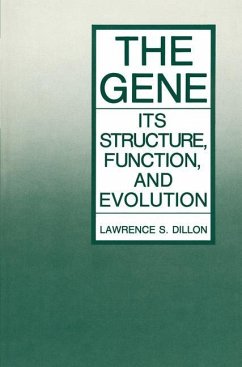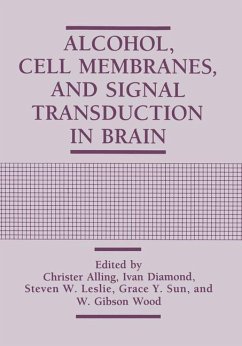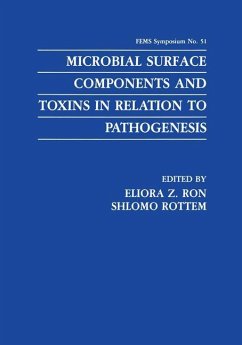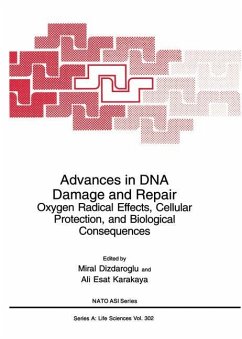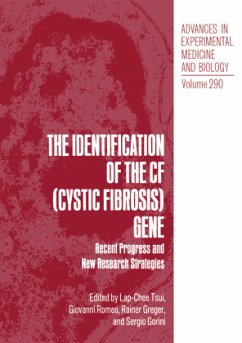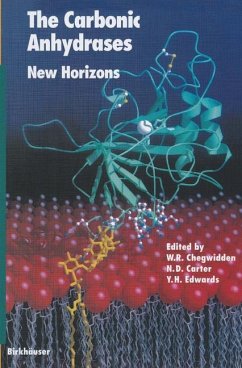
Alcoholism: A Molecular Perspective

PAYBACK Punkte
20 °P sammeln!
This book contains selected proceedings from the NATO Advanced Study Institute (AS I) "The Molecular Pathology of Alcoholism" held at the Hotel Il Ciocco in Tuscany during 26th August - 6th September 1990. Alcoholism remains one of the most challenging problems in medical care, with far-reaching medical, social and economic consequences. For example in the U. S. , estimates indicate that 18 million people have a serious drinking problem and that the total cost to the economy of alcohol abuse is $117 billion. Treatment of alcohol dependence and other alcohol-related disorders accounts for almos...
This book contains selected proceedings from the NATO Advanced Study Institute (AS I) "The Molecular Pathology of Alcoholism" held at the Hotel Il Ciocco in Tuscany during 26th August - 6th September 1990. Alcoholism remains one of the most challenging problems in medical care, with far-reaching medical, social and economic consequences. For example in the U. S. , estimates indicate that 18 million people have a serious drinking problem and that the total cost to the economy of alcohol abuse is $117 billion. Treatment of alcohol dependence and other alcohol-related disorders accounts for almost 15% of the total health bill of the United States. Despite the scale of the medical problem, biomedical research on alcoholism remains something of a 'Cinderella science'. Research funding from government and other bodies is relatively poor and the number of medical scientists working in the field remains small. The Organizing Committee for this NATO ASI, comprising Charles Lieber (New York), Timothy Peters (London), Mario Dianzani (Torino), Emanuele Albano (Torino) and Norman Palmer (perth, Director), were therefore particularly grateful to the NATO Scientific Affairs Division for their active support of this AS I, the first dealing with a topic related to alcohol abuse. We moreover hope that this support will continue. The theme of the ASI was an in depth discussion of the molecular events initiated by alcohol abuse that culminate in onset of alcohol-related disease.





